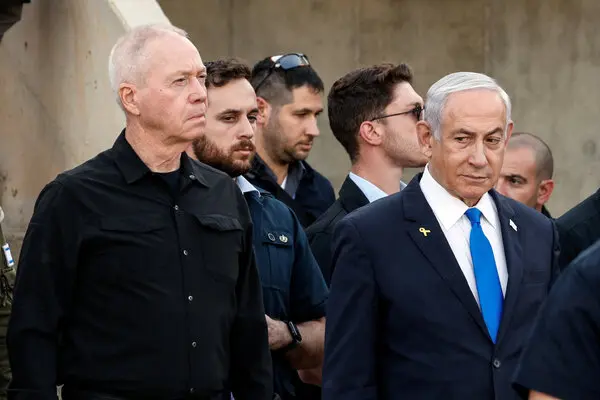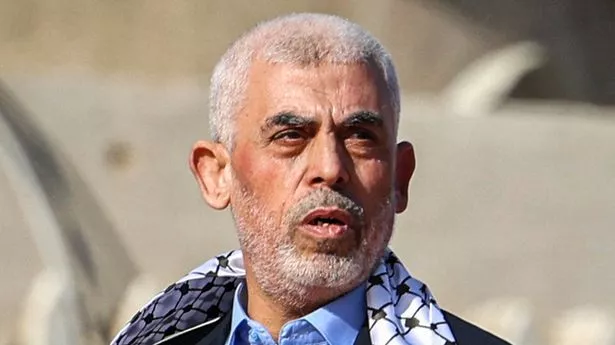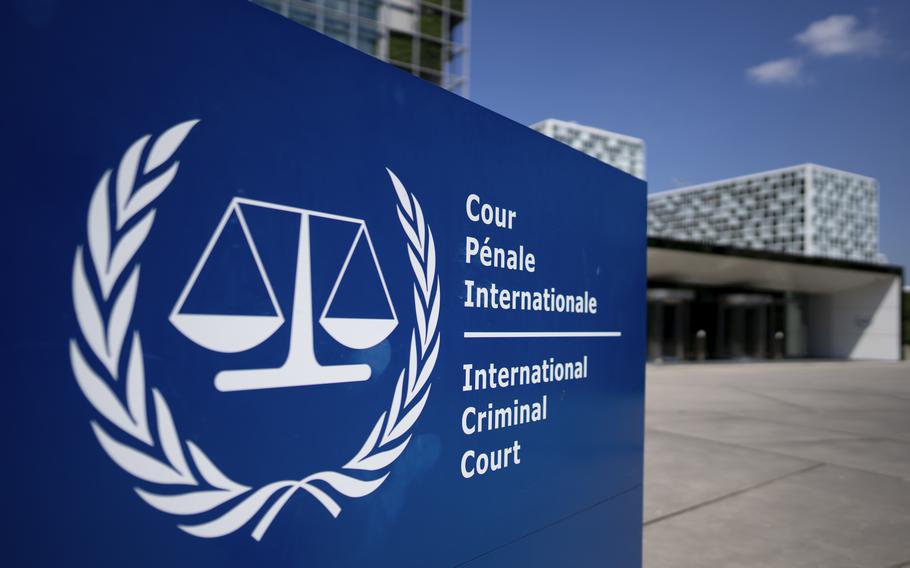The International Criminal Court issued arrest warrants Thursday for Israeli Prime Minister Benjamin Netanyahu, his former defense minister, and Hamas officials, accusing them of war crimes and crimes against humanity in a landmark decision that threatens to further complicate efforts to end the 13-month Gaza conflict.

The three-judge panel unanimously ruled there were “reasonable grounds to believe” Netanyahu and former Defense Minister Yoav Gallant “intentionally and knowingly deprived the civilian population in Gaza of objects indispensable to their survival, including food, water, and medicine and medical supplies, as well as fuel and electricity.”
The court simultaneously issued a warrant for Mohammed Deif, Hamas’ military commander, citing crimes against humanity including “murder, extermination, torture, and rape” during the October 2023 attacks on Israel. Two other senior Hamas figures initially targeted by prosecutors – Yahya Sinwar and Ismail Haniyeh – were killed during the conflict before warrants could be issued.
The unprecedented legal action faces significant enforcement challenges, as neither Israel nor its primary ally, the United States, recognizes the court’s jurisdiction. President Joe Biden condemned the prosecutor’s actions and reaffirmed support for Israel’s right to self-defense.

Israeli officials vehemently rejected the warrants. The Foreign Ministry argued in September legal briefs that the court lacked jurisdiction and failed to allow Israel to investigate allegations internally. “No other democracy with an independent and respected legal system like that which exists in Israel has been treated in this prejudicial manner by the Prosecutor,” spokesperson Oren Marmorstein posted on X.
Opposition leader Benny Gantz, a retired general and Netanyahu rival, called the decision “moral blindness” and “a shameful stain of historic proportion that will never be forgotten.” Fellow opposition figure Yair Lapid denounced it as a “prize for terror.”
Human rights organizations welcomed the court’s action. “The ICC arrest warrants against senior Israeli leaders and a Hamas official break through the perception that certain individuals are beyond the reach of the law,” said Balkees Jarrah, associate international justice director at Human Rights Watch.

The warrants’ practical impact may be limited, as the ICC lacks its own police force and relies on member states for enforcement. However, the designation as internationally wanted suspects could restrict travel for Netanyahu and Gallant, though Russian President Vladimir Putin’s recent visit to Mongolia demonstrated that ICC warrants don’t always prevent movement between friendly nations.
ICC Chief Prosecutor Karim Khan had sought the warrants in May, alleging Israel “intentionally and systematically deprived the civilian population in all parts of Gaza of objects indispensable to human survival” through border closures and supply restrictions. He simultaneously accused Hamas leaders of crimes including murder, hostage-taking, and torture during the October 7 attacks that killed 1,200 Israelis and saw 250 taken captive.



